Everything is entangled
Mr. Le Quang Son, Vice President of Danang University, shared that one of the biggest bottlenecks of Law 34 is the problems related to the provisions of laws such as the Tax Law, Labor Law, Finance Law, Budget Law, etc.
For example, Da Nang University, every time it organizes an international conference, it still has to ask for permission from the city and the Ministry. “How can we have university autonomy like that? We also have to ask for permission to invite foreign lecturers to work, not to mention receiving aid and sponsorship, which is even more difficult. Even if we want to receive sponsorship of about 5,000-7,000 USD, it is impossible because of other regulations,” Mr. Son affirmed.
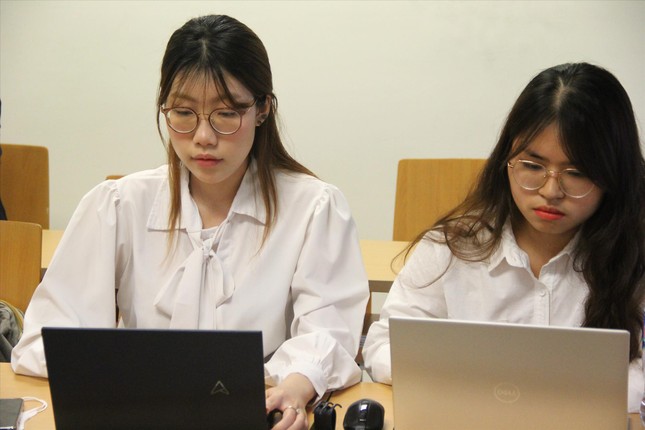 |
Students of National Economics University in class. Photo: Nghiem Hue |
He said that it is necessary to review which laws are stuck in the implementation of Law 34, and from there find solutions to adjust them to remove the bottlenecks.
Prof. Dr. Hoang Anh Tuan, Rector of the University of Social Sciences and Humanities (Vietnam National University, Hanoi) informed that inviting international professors to Vietnam to teach in higher education institutions needs to be more convenient because currently, work permits are very complicated. Or like international projects at Vietnamese universities in the past few years, the procedures and regulations are very complicated, through many approval agencies, causing a decrease in the number and projects and funding that can be attracted. International conferences at Vietnamese universities are also governed by many regulations in many ministries and branches, so it takes time and unnecessary procedures. Prof. Hoang Anh Tuan said that in order to have international cooperation for integration at universities, it is necessary to solve bottlenecks and interact with other laws, including those in the fields of diplomacy and security.
Chairman of the Council of Hanoi Law University, Dr. Chu Manh Hung said: When building the Law on University Education, there should be 1 or 2 provisions to sweep away the contradictions and problems that the laws need to be amended to resolve at their root. Because if it is only mentioned in the impact assessment report, when the law comes into effect, it will still be very difficult to implement as it is now.
Mr. Hung said that the university governance model when implementing autonomy needs to be revised to make more transparent the position of the school council and the relationship between the three institutions in the school (school council, Party Committee, and Board of Directors). Current regulations on the school council in the organization and operation are currently problematic, due to two factors: autonomy capacity; and the governing body. If the role of each institution is not clearly defined, it will lead to a situation of stepping on each other's toes (the role of the Party Committee in leadership, the School Council in management, and the Principal in operation). In fact, these three institutions in many schools are not connected.
Ministry proposes law amendments
Dr. Nguyen Thi Thu Thuy, Deputy Director in charge of the Department of Higher Education (Ministry of Education and Training), said that university autonomy in financial management is limited by many legal regulations related to public service units. Law 34 stipulates a very high level of autonomy in financial management and investment for higher education institutions that self-guarantee regular expenditures, but currently there are still many regulations that prevent schools from exercising autonomy in implementing investment projects from legal sources of revenue, especially affecting schools that have been assigned autonomy in regular expenditures and investment expenditures.
The first example is that Law 34 has empowered the school council and university council to decide on the use of financial resources that are legal sources of revenue outside the state budget, but in reality, the process and procedures are bound by the bidding regulations in the 2013 Bidding Law, such as projects using capital from the state budget. The delay in amending the 2013 Bidding Law has not only created conflicts with Law 34, but also hindered the autonomy of universities. The second example is that the Construction Law stipulates that construction projects are eligible for approval when they are appraised by a specialized construction agency. However, Decree No. 152 of the Government stipulating standards and norms for the use of office buildings and public service facilities requires that the Ministry of Finance be consulted before approving the project design. This creates additional administrative procedures, affecting the project's progress.
Law 34 stipulates that universities are allowed to use public assets for business, leasing, joint ventures, and associations in accordance with the law for development purposes, following the principles of preservation and development, and in accordance with the educational environment. However, in practice, many contents are difficult to implement due to problems according to the provisions of related legal documents, such as the process of developing and approving projects, asset valuation, and auctioning of asset leasing rights.
Therefore, for this revised Law project, the Ministry of Education and Training proposes to supplement regulations, clarify the principles, requirements and autonomy of universities in financial revenue and expenditure activities, ensuring coverage while being appropriate for each type of ownership; clearly stipulate the leading role of the State in investing in the development of university education, supplement specific policies on encouraging socialization, mechanisms for mobilizing resources from society for development, avoiding different interpretations in the development of guiding documents under the Law; more clearly stipulate the autonomy in the management, use and exploitation of assets of university education institutions, especially intangible assets such as trademarks and intellectual property rights.
Chairman of the Hanoi Law University Council Chu Manh Hung suggested that it is necessary to include in the upcoming revised Law on University Education a few provisions stipulating that related laws need to be revised synchronously.
Source: https://tienphong.vn/sua-diem-nghen-luat-giao-duc-dai-hoc-2018-post1729855.tpo


![[Photo] Looking back at the impressive moments of the Vietnamese rescue team in Myanmar](https://vstatic.vietnam.vn/vietnam/resource/IMAGE/2025/4/11/5623ca902a934e19b604c718265249d0)
![[Photo] "Beauties" participate in the parade rehearsal at Bien Hoa airport](https://vstatic.vietnam.vn/vietnam/resource/IMAGE/2025/4/11/155502af3384431e918de0e2e585d13a)


![[Photo] Summary of parade practice in preparation for the April 30th celebration](https://vstatic.vietnam.vn/vietnam/resource/IMAGE/2025/4/11/78cfee0f2cc045b387ff1a4362b5950f)

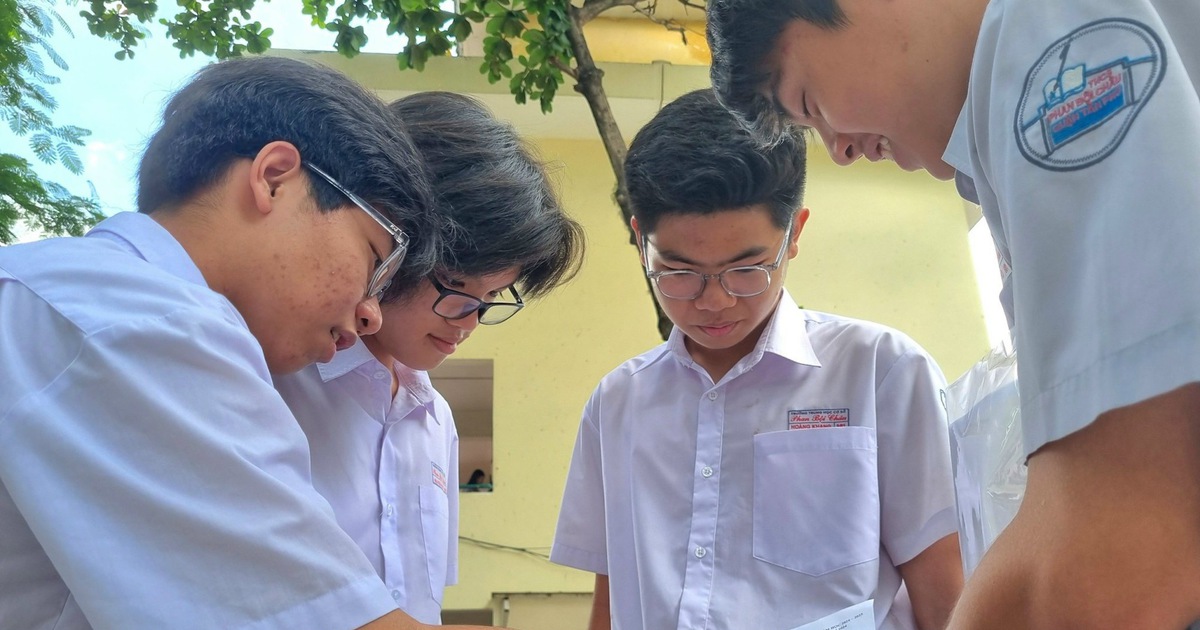
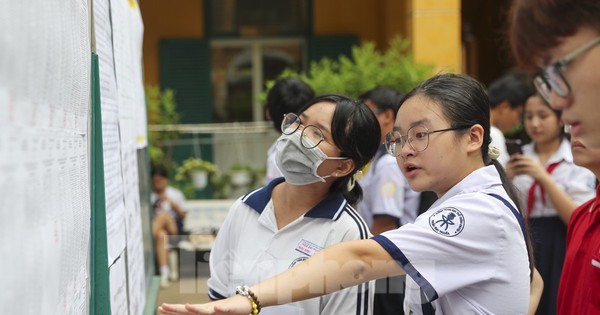

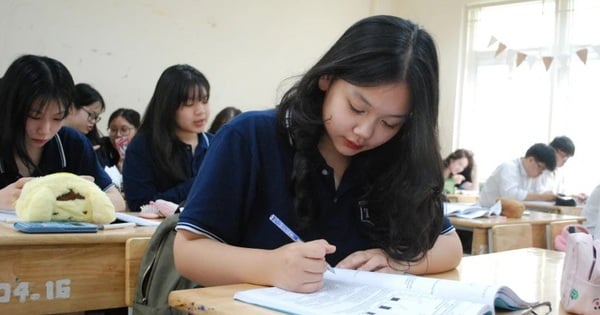
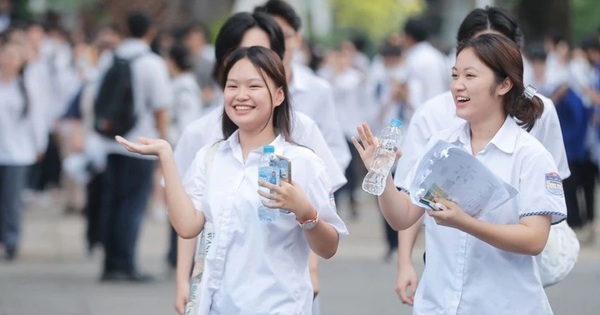
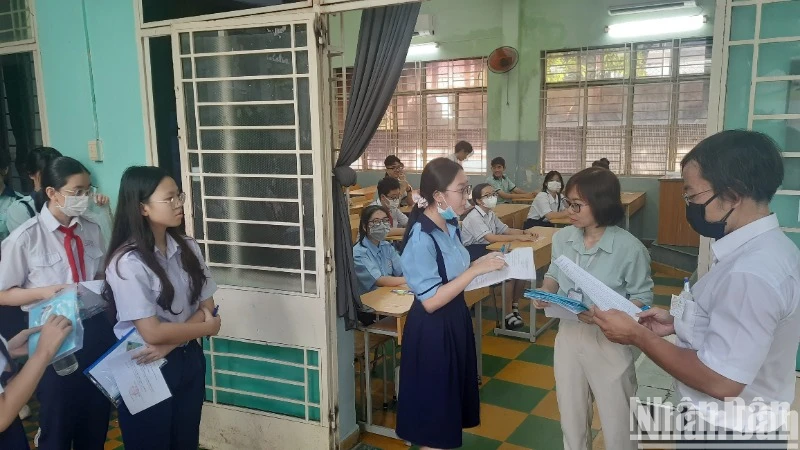



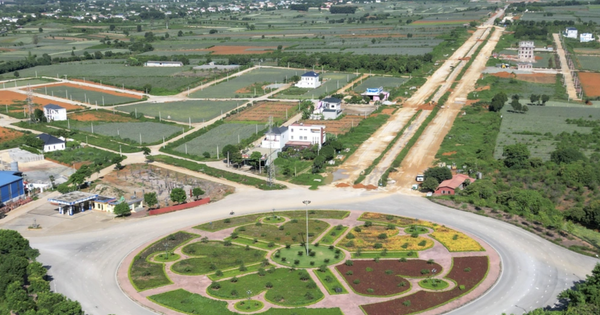




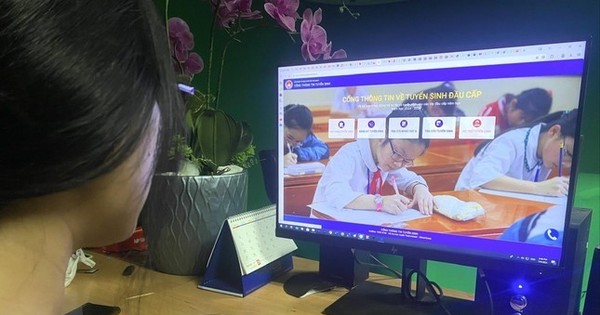
































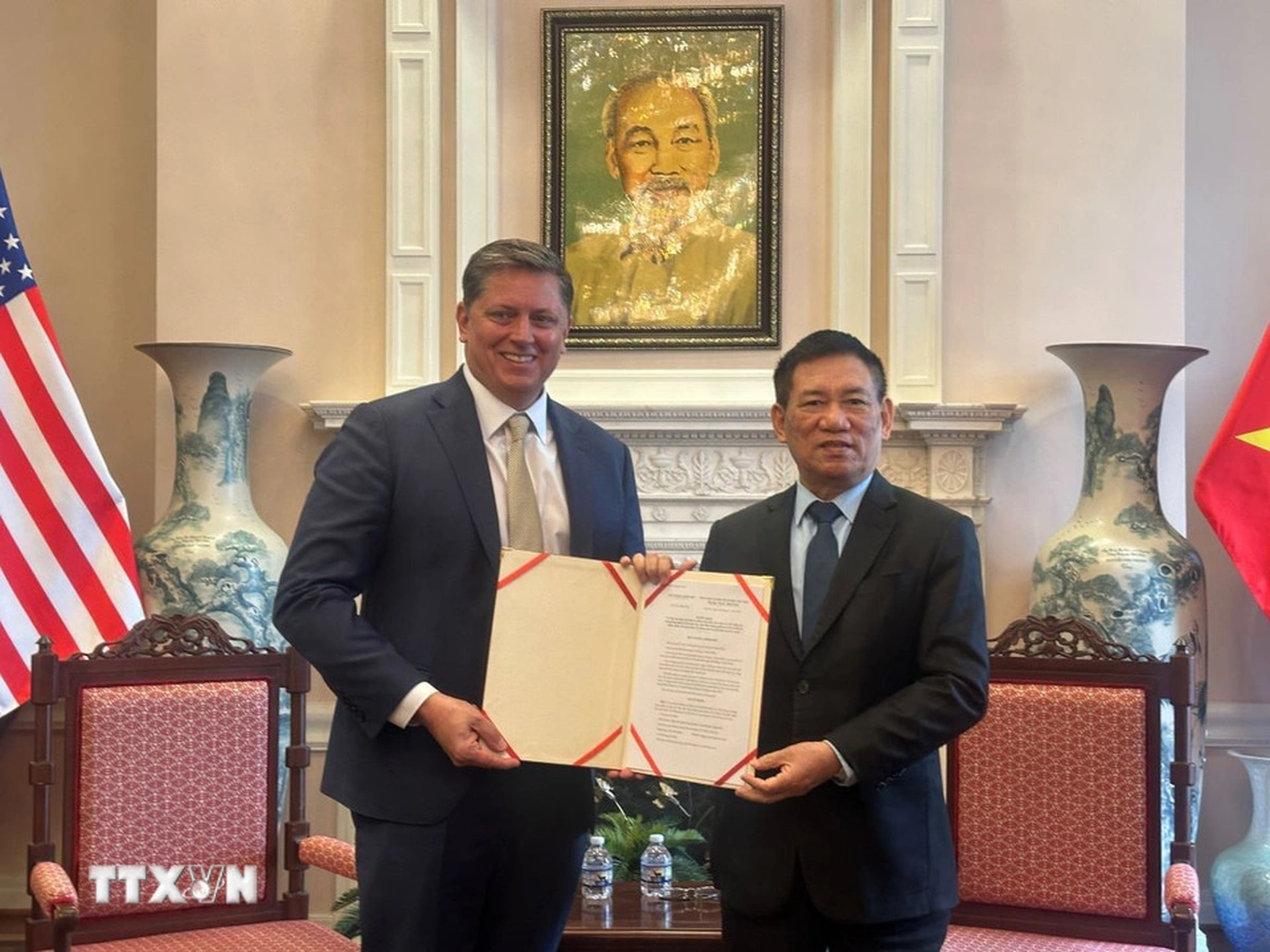
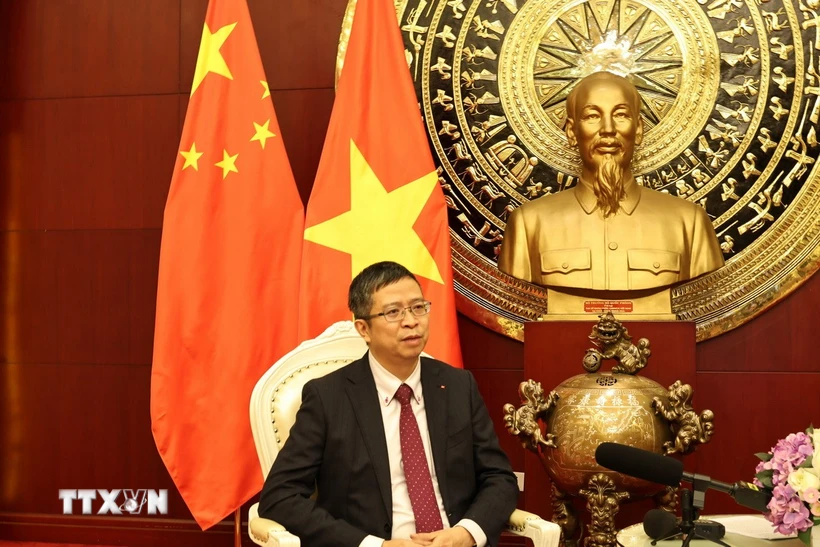
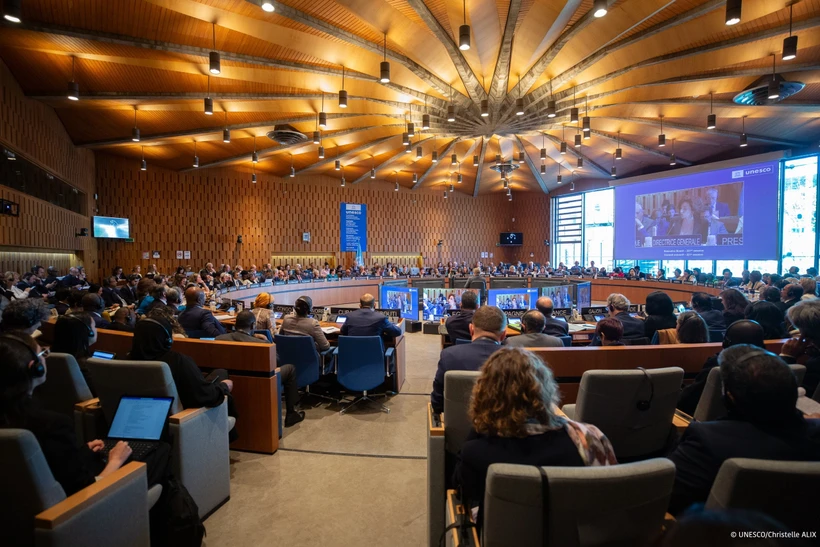
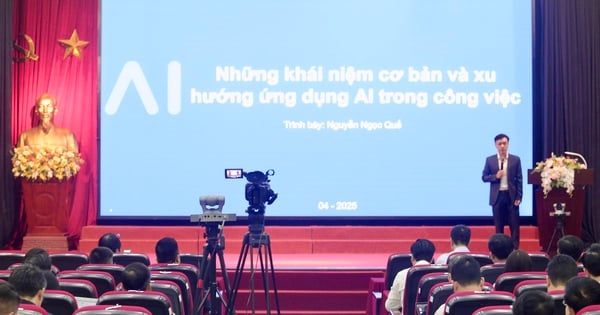

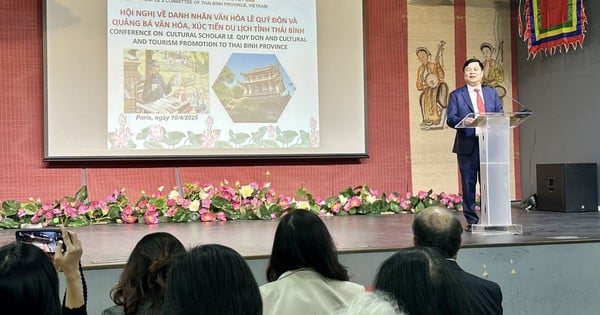

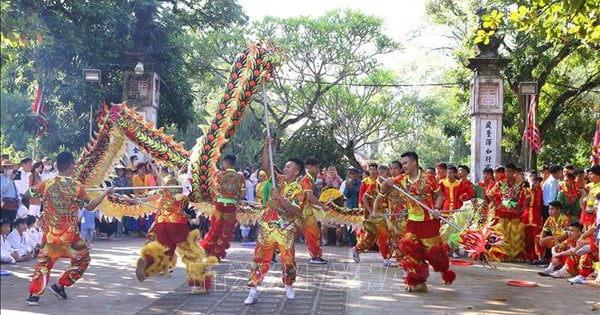

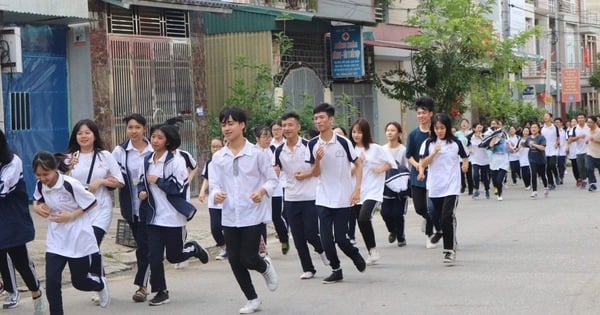
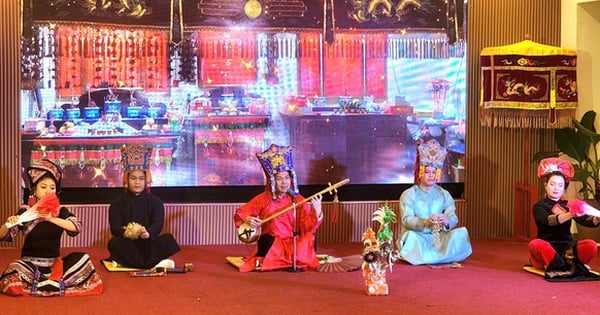
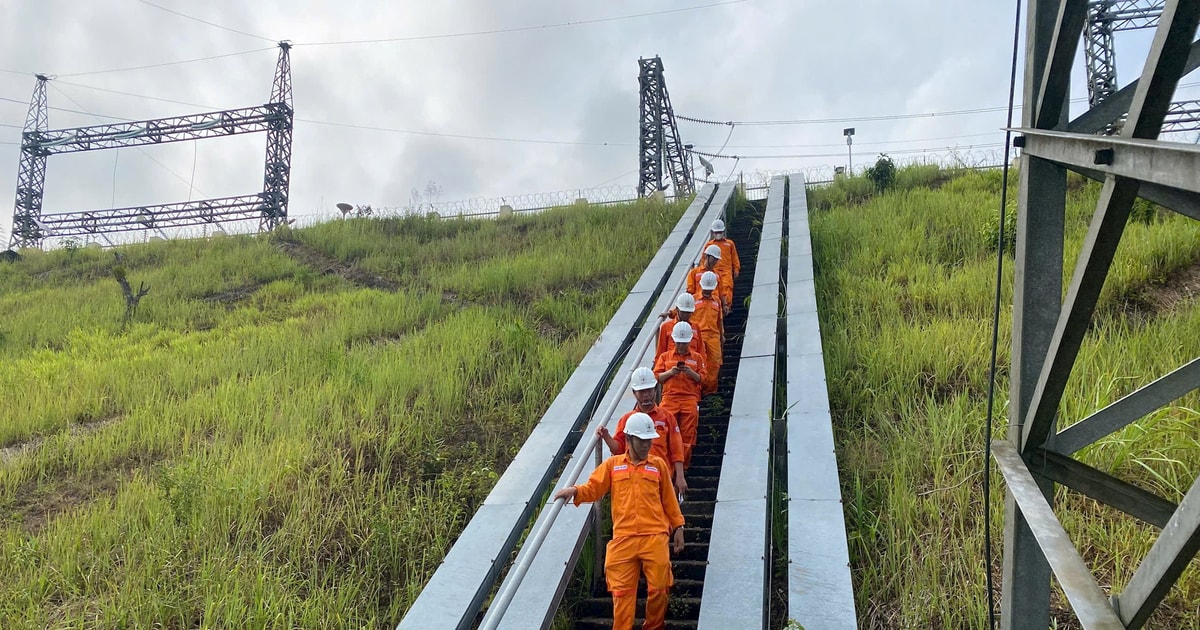

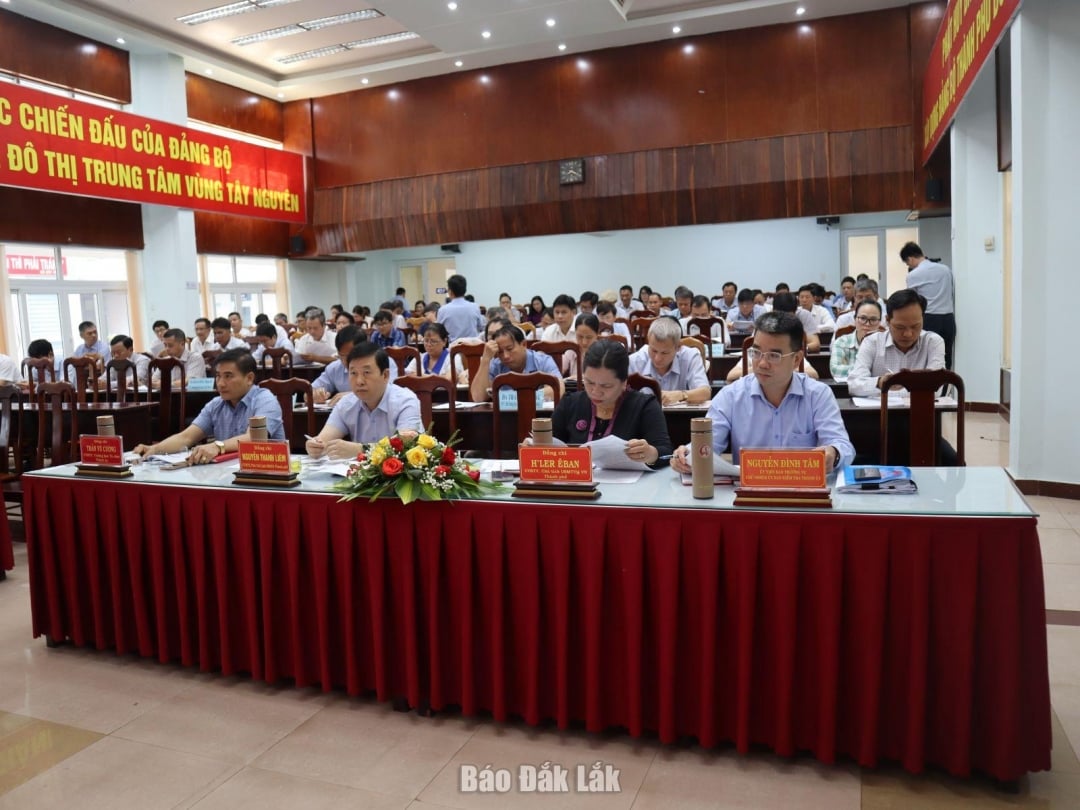

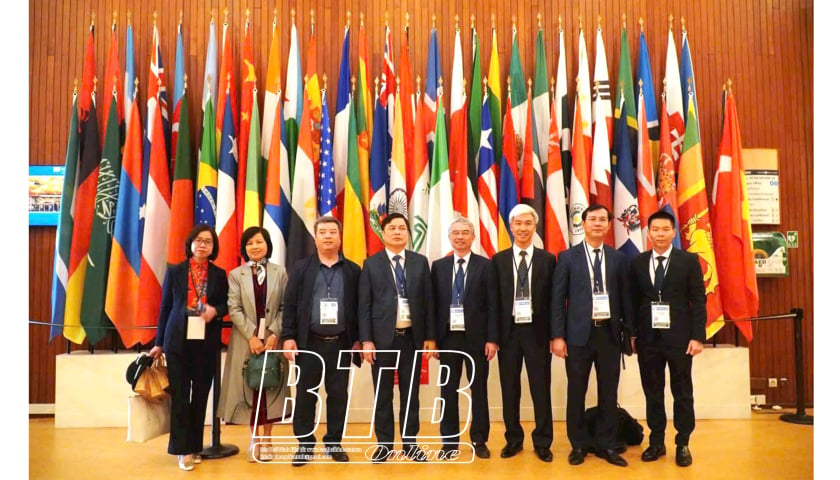



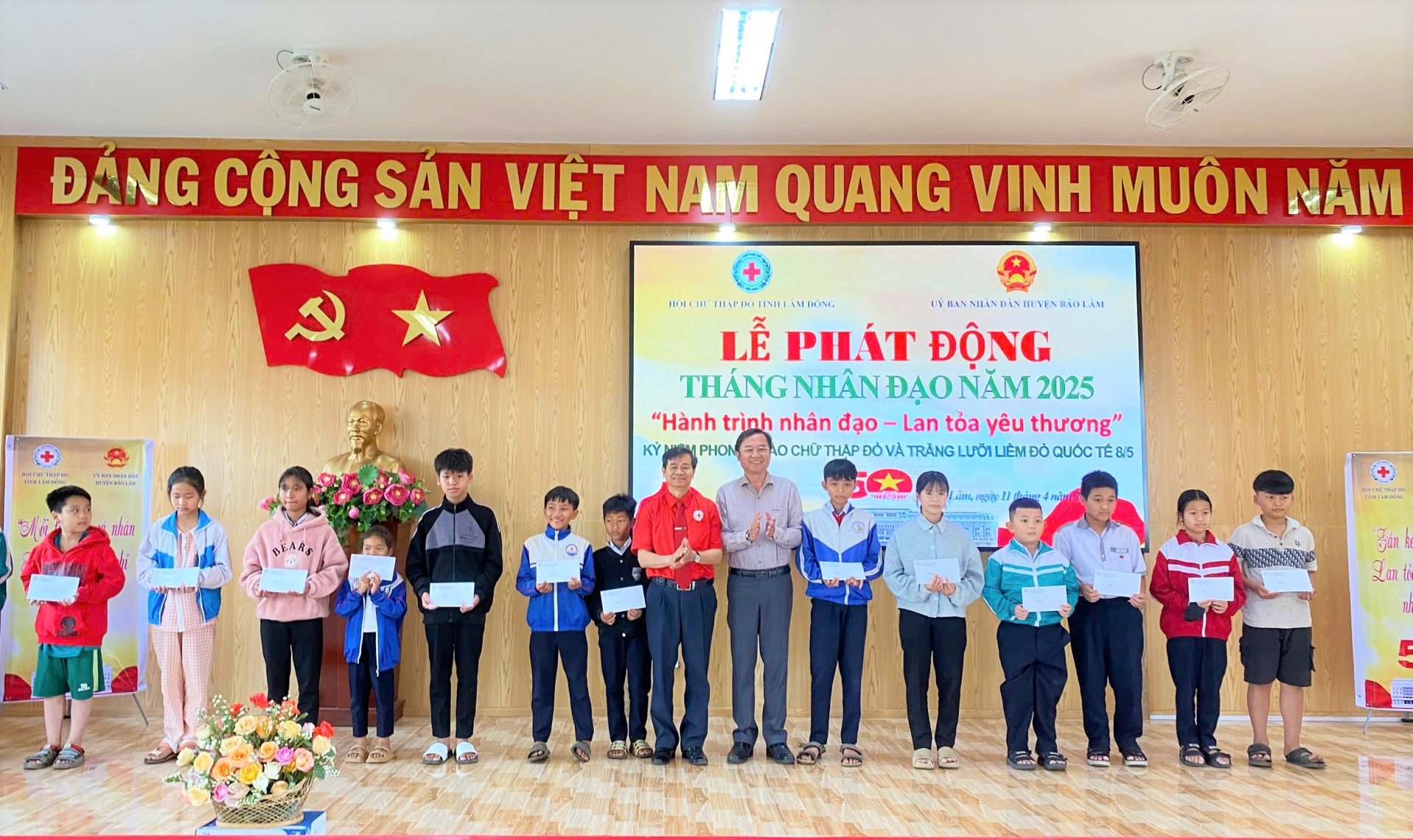














Comment (0)